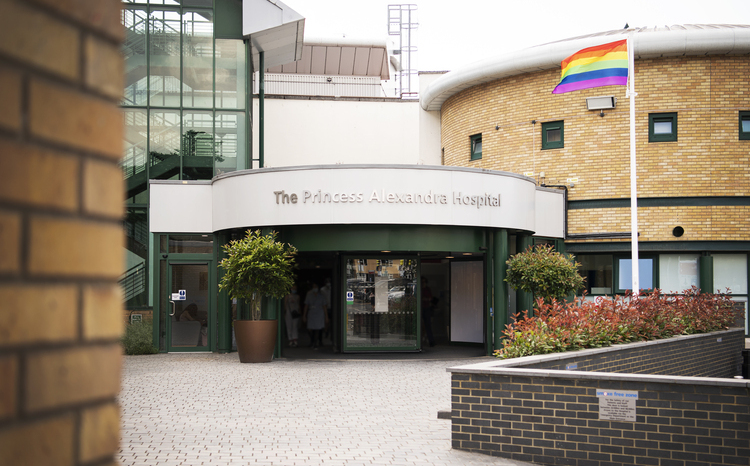Patients need access to electronic records, say academics
- 6 July 2004
Patients can and should have access to their electronic health records, in order to keep them up-to-date and accurate, a year-long study from the University of Manchester Institute of Science and Technology (UMIST) has found. The study, prepared by Claire Harris and Ruth Boaden on behalf of UMIST’s Health Organisations Research Centre, suggests that the National Programme for IT (NPfIT) ought to give more publicity to electronic care records, and that individual practices should offer patients copies of their records on disk. Dr Richard Fitton, one of the GPs involved in the study, told E-Health Insider that data quality could only be ensured if patients were included in the upkeep: “Who is going to be the person actually checking that everything is in the record?” Saying that patients were the only people with the knowledge to correct any inaccuracies, he continued: “I don’t think that it will be safe unless people are able to check it themselves." Two GP practices in the Greater Manchester area were involved in the study. Patients at both practices were given disk-based copies of their records in text and Excel format, and then were asked to log into the GePMail system, which had a patient portal allowing users to communicate with their GPs. Then they entered the corrections, which were converted into XML and emailed back to the practices. While broadly successful, the study did highlight some difficulties in communicating the records to the patients, such as how to make the electronic versions readable and useful and how much information to transfer. Confidentiality and how to ensure that one patient doesn’t receive the record of another, and staff training and resource issues were also identified as difficulties. the report also stated that, for security reasons, patients accessing their records over the web ought to be using an up-to-date, fully-patched browser; something that could be an issue among the less computer-literate. In some cases, the security threshold had to be significantly lowered due to patients not having up-to-date browsers. Most patients were happy with the pilot, calling it “more open”, although some did have difficulty remembering and others made the point that “patients might come up with what they presume is illness, and it might differ from the doctor". The report also recommends that for a nationwide record-sharing system to be successful and secure, patients ought to sign a contract outlining their rights and responsibilities. A system is already in place at one practice where patients could be given their record on floppy disk for £10, and £3 for each update. The Health Organisations Research Centre is a post-graduate centre at UMIST that carries out applied research into health organisations. It consists of academics from the fields of psychology, HR and statistics. The study was funded by Tameside and Glossop PCT.




